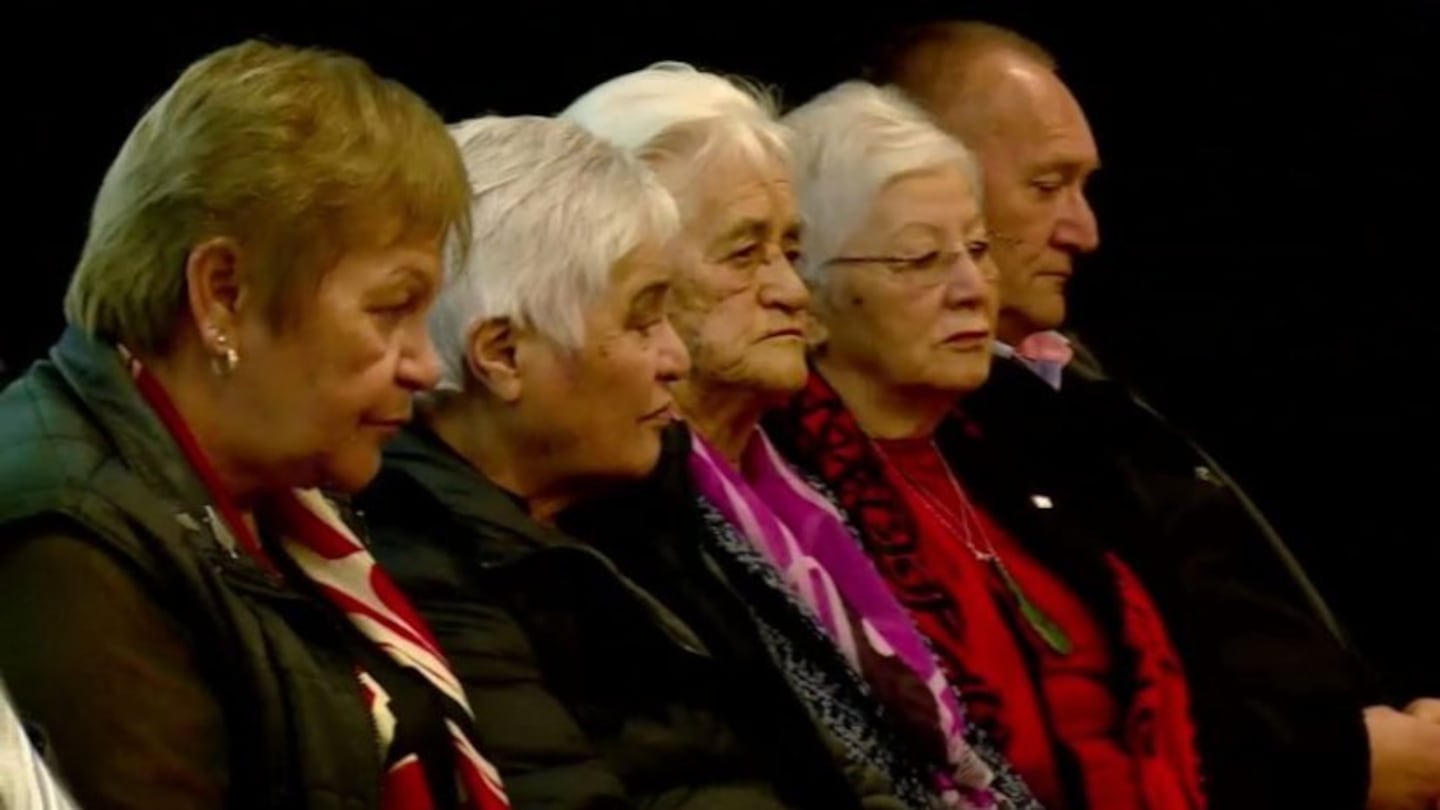Photo / File
Stuff opinion piece by Sarah Sparks.
OPINION: The leadership of wāhine Māori shines a light on the values that should guide us through the uncertainty of the year ahead.
In 2021, wāhine moved with aroha to take decisive action across the motu (country), leading the way with principles, not politics.
We saw the wisdom circle of ‘the Dames’ (Kahurangi Tariana Turia, Kahurangi Naida Glavish, Kahurangi Iritana Tāwhiwhirangi, and Kahurangi Areta Koopu), historic Tribunal claims by Māori service providers, and tireless kaimahi Māori (workers) ‘doing the do’.
Their mindset is based on a firm foundation of manaakitanga (kindness), kaitiakitanga (guardianship), kotahitanga (collective action), mana motuhake (self-determination) and tino rangatiratanga (sovereignty).
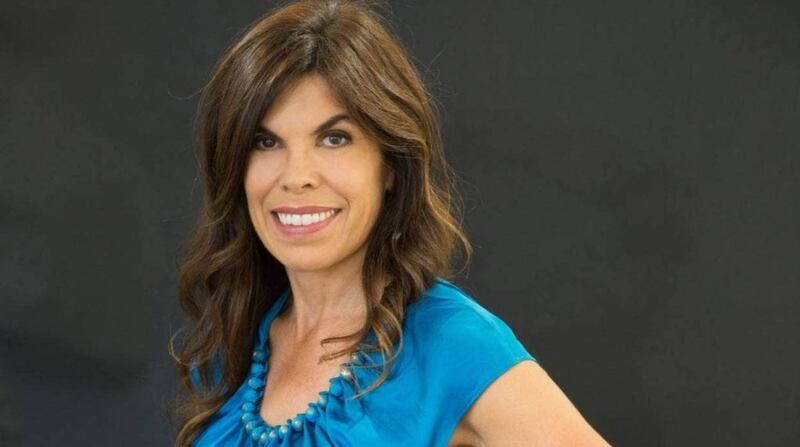
Sarah Sparks is a communications and marketing professional, and works with many wāhine toa. Photo / Supplied
I’ve seen their courage, compassion, and humanitarianism. It should be bottled as an elixir for anyone studying what prudent public policy should really look like.
One indelible memory I have is of 93-year-old Dame Iritana Tāwhiwhirangi giving evidence before the Waitangi Tribunal at the urgent inquiry into Oranga Tamariki.
Live-streamed to the nation with one bent arm elevated higher than the other, the Te Kōhanga Reo founder said: “I'll tell you about partnership, it looks like this."
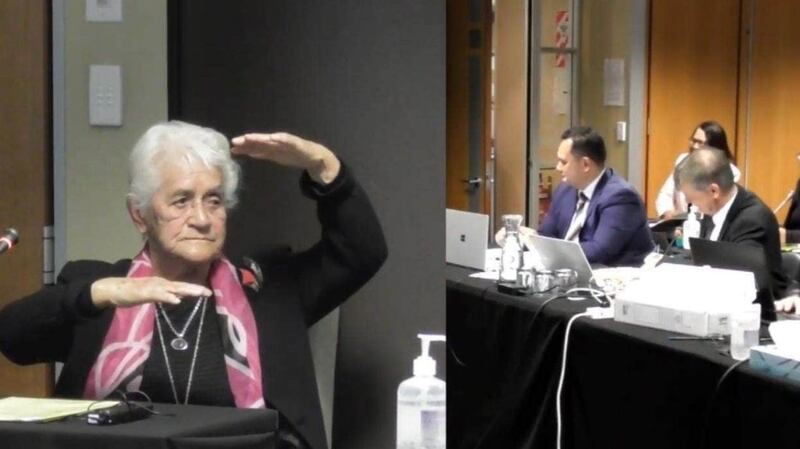
Dame Iritana Tāwhiwhirangi gives evidence to the Waitangi Tribunal at an urgent inquiry into Oranga Tamariki. Photo / Supplied
In one simple gesture, she illustrated the imbalance of power felt by Māori in Aotearoa. Kahurangi’s point was there was no justification for severing whakapapa through the practice of uplifting tamariki.
Restoration came through kotahitanga by living and breathing the values of whānau ora. Giving space and mana to iwi, hapū and whānau to determine their own solutions.
Dame Tariana Turia, Dame Naida Glavish and Dame Areta Koopu staunchly shared their unequivocal support for change to stem the catastrophic impact of further fractured whakapapa.
Merepeka Raukawa-Tait, chair of the Whānau Ora Commissioning Agency, was another fearlessly strong advocate for stopping a Māori ‘pipeline’ into the Corrections system.
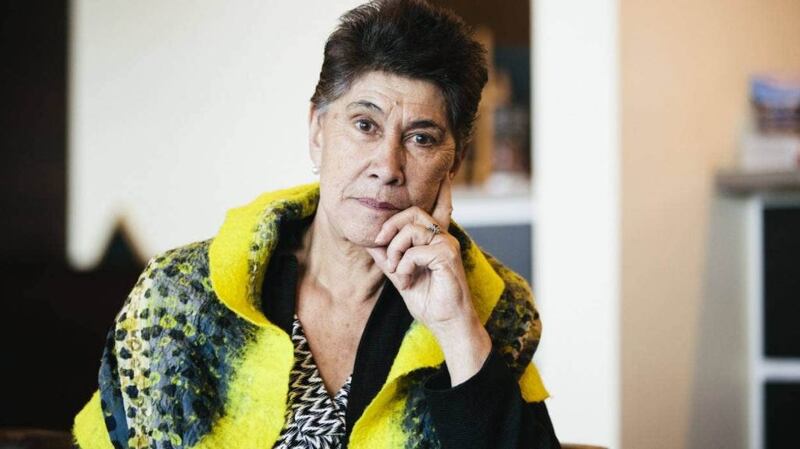
Merepeka Raukawa-Tait is a staunch advocate for Māori in the Corrections system. Christel Yardley/ Stuff
The kaikōrero of wāhine toa like these helped form a watershed 286-page report by the Waitangi Tribunal in April.
It had earth-shattering consequences. An embattled chief executive departed. Policies and practices were forensically reviewed. There was a restructure slashing the size of the Oranga Tamariki leadership team, and a devolution of power back to communities.
Claimant, Lady Tureiti Moxon, was another who repeatedly called out Te Tiriti breaches - particularly in health - standing her ground on issues of inequity and structural racism.
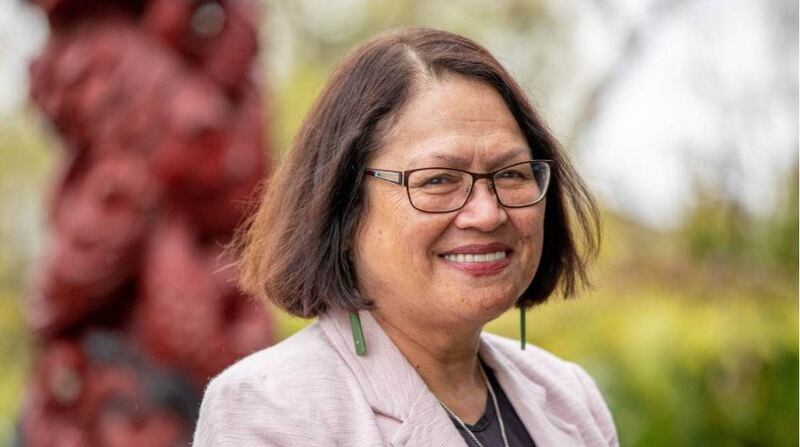
Lady Tureiti Moxon was a strong advocate for an independent Māori health authority. Tom Lee/Stuff
She highlighted how life expectancy for Māori was seven years shorter, and strongly advocated for an independent Māori health authority so they could take control of their own destiny and health.
Following the historic Hauora report, Ministers Andrew Little and Peeni Henare responded to the collective call for change. Te Mana Hauora Māori (Māori Health Authority) was unveiled, and Moxon became a ministerial appointee to the board.
While Crown underfunding of Māori primary healthcare is still being challenged – experts say $1 billion in extra investment a year would save the country $5 billion annually - the future is looking brighter.
From 2022 Riana Manuel will serve the kaupapa as the new chief executive; a fundamental shift giving true effect to tino rangatiratanga, honouring Te Tiriti obligations. Manuel has already signalled a focus on ‘partnership and building bridges’ at the new South Auckland-based entity.
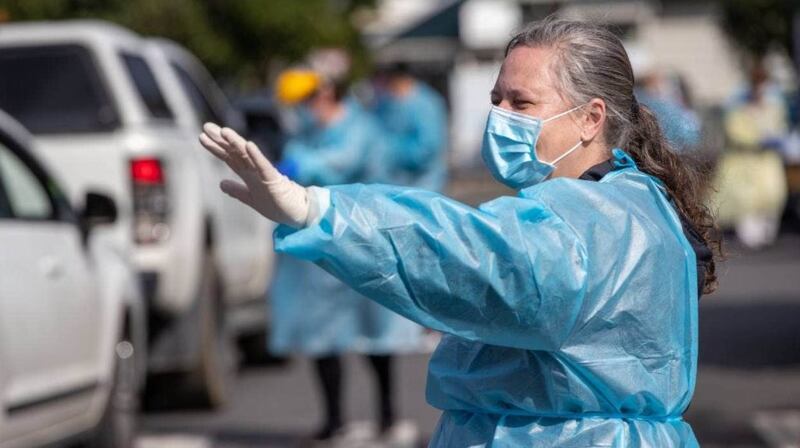
Riana Manuel marshals traffic at a Covid-19 testing station in Coromandel Town. Tom Lee/Stuff
Meanwhile, back at Ngā Whare Waatea Marae in Māngere, Essential Services Manager Puhihuia Wade handles daily calls from whānau in need.
Noho tapu (self-isolation) outreach services, the Manukau Urban Māori Authority contact centre, the Māori Food Network logistics warehouse and foodbank are all open.
A week ago, the marae was part of seven days of Christmas kaupapa with the City Mission, dispatching 1200 food parcels and conducting vaccinations.
Puhihuia Wade is the next generation of wāhine toa.
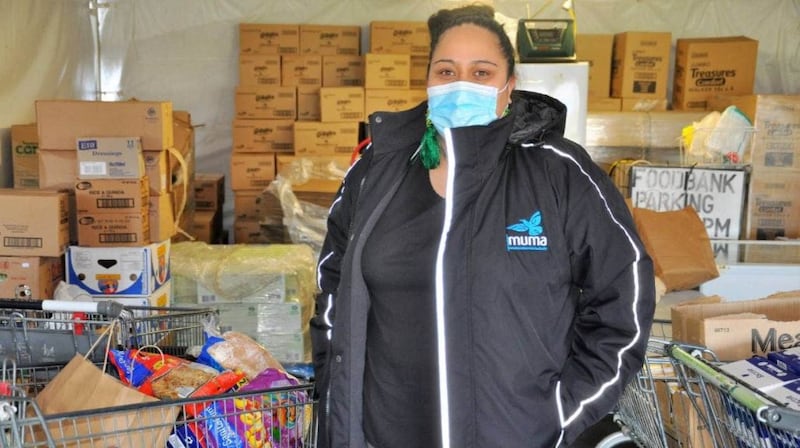
Puhihuia Wade is the essential services manager at Ngā Whare Waatea Marae in Māngere. Photo / Supplied
When she found out that Covid-positive whānau were experiencing week-long delays in receiving support from government agencies, she was quick to check in with food parcels.
Wade’s collaborative problem-solving has been an integral part of the Māori Food Network’s success. The start-up has moved 100 tonnes of supplies across Tāmaki Makaurau in the last three months, with government backing.
As we step into 2022, let’s uphold this exemplary leadership by our wāhine Māori so they have more voice, more visibility, more influence, and more agency in Aotearoa.
Our nation will be all the stronger and wiser for it.
Sarah Sparks is a communications consultant, and works with many of these wāhine toa.

